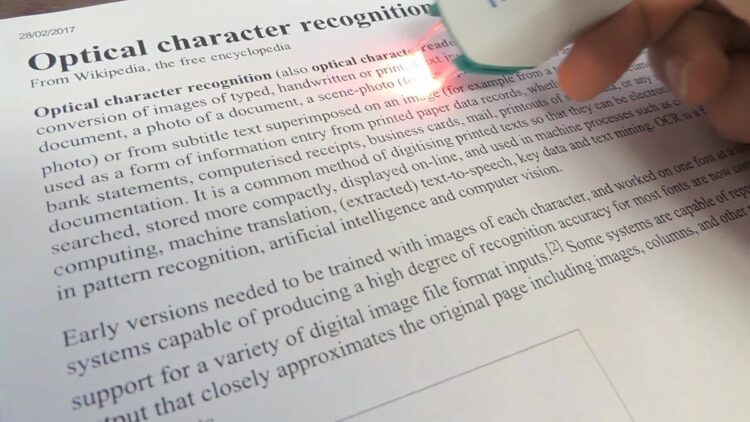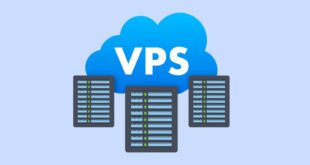In today’s fast-paced digital era, businesses and organizations increasingly recognize the value of transitioning from paper-based documentation to efficient and organized digital assets. Document conversion services are crucial in this transformation, enabling companies to streamline operations, enhance productivity, and reduce their environmental footprint.
Benefits of Document Conversion
Document conversion presents a range of compelling advantages, empowering organizations and individuals with improved accessibility.
Improved Accessibility and Searchability
One of the primary advantages of document conversion is the ease of accessing and searching for information. Digital documents can be stored in centralized databases or cloud-based systems, allowing employees to retrieve files quickly from anywhere with an internet connection.
Enhanced Data Security and Disaster Recovery
Physical documents are susceptible to loss, damage, or theft, jeopardizing critical information. Document conversion services implement robust data security measures, including encryption, access controls, and secure backups. In a disaster or data breach, businesses can rely on comprehensive backup systems to restore lost documents, ensuring business continuity.
Cost Savings and Eco-Friendly Practices
Businesses can significantly reduce expenses by converting paper documents to digital formats. Embracing a paperless approach aligns with eco-friendly practices, reducing paper consumption and environmental impact.
Document Conversion Process

The document conversion process ensures seamless data accessibility and streamlined document management for businesses. When selecting document conversion services, companies should consider expertise, security protocols, scalability, turnaround time, and customer support. The process involves the following steps:
Scanning and Capturing Paper Documents
The first step in document conversion involves scanning and capturing paper documents into digital formats. High-quality scanners and optical character recognition (OCR) technology convert physical documents into editable, searchable digital files.
Optical Character Recognition (OCR) Technology
OCR technology plays a critical role in transforming scanned images into machine-readable text. It recognizes characters within the document, enabling users to perform full-text searches, copy and paste content, and edit the document as needed.
File Formatting and Data Extraction
After scanning, the documents are formatted to ensure consistency and compatibility across different systems. During this process, relevant data is extracted and organized, making it easier to categorize, index, and manage digital files.
Quality Assurance and Error Checking
To maintain the integrity and accuracy of converted documents, thorough quality assurance and error-checking procedures are carried out. This step involves human verification to ensure the data has been accurately captured and the digital files are error-free.
Types of Documents Suitable for Conversion

A wide array of documents can be transformed through conversion, enabling businesses to streamline their information management.
Legal and Financial Records
Law firms, financial institutions, and government agencies deal with vast amounts of paperwork. Converting legal contracts, financial statements, and regulatory documents to digital formats saves space and expedites document retrieval during audits or legal proceedings.
Business Correspondence and Contracts
Maintaining paper-based records of correspondence, contracts, and agreements can be overwhelming for businesses. By converting these documents to digital formats, companies can create efficient and secure document repositories, facilitating collaboration among team members.
Medical Records and Health Information
In the healthcare industry, accurate and accessible patient records are essential for quality care. Document conversion ensures that medical records, test results, and other health information are readily available to healthcare professionals when needed.
Educational and Research Materials
Educational institutions and research organizations accumulate many documents, from academic papers to historical records. Document conversion allows for easier knowledge-sharing and improved archiving of valuable research materials.
Implementing Document Conversion in Businesses

Embracing document conversion in business workflows is a game-changer, revolutionizing how organizations handle their documents. Integrating file conversion services into business operations can revolutionize how organizations manage their data and documents.
y harnessing the power of these services, businesses can seamlessly transition from paper-based clutter to an organized digital ecosystem. It empowers organizations to optimize workflows and unlock the full potential of their data.
Integration with Existing Workflows and Systems
Implementing document conversion services seamlessly into existing workflows and systems requires proper planning and collaboration between the service provider and the organization.
Staff Training and Change Management
To ensure successful adoption, businesses should train staff to familiarize employees with the new digital processes. Effective change management strategies can help employees embrace the transition positively.
Measuring the ROI of Document Conversion
Measuring document conversion’s return on investment (ROI) involves evaluating cost savings, improved productivity, and other quantifiable benefits. This analysis provides valuable feedback and helps refine the document conversion strategy.
Conclusion
The power of document conversion lies in its ability to transform paper-based chaos into a digital oasis of organization and accessibility. Embracing this digital transformation is not just about moving away from paper; it’s about embracing a more efficient, secure, and environmentally responsible way of managing information. The time to convert is now.
 Hi Boox Popular Magazine 2024
Hi Boox Popular Magazine 2024



